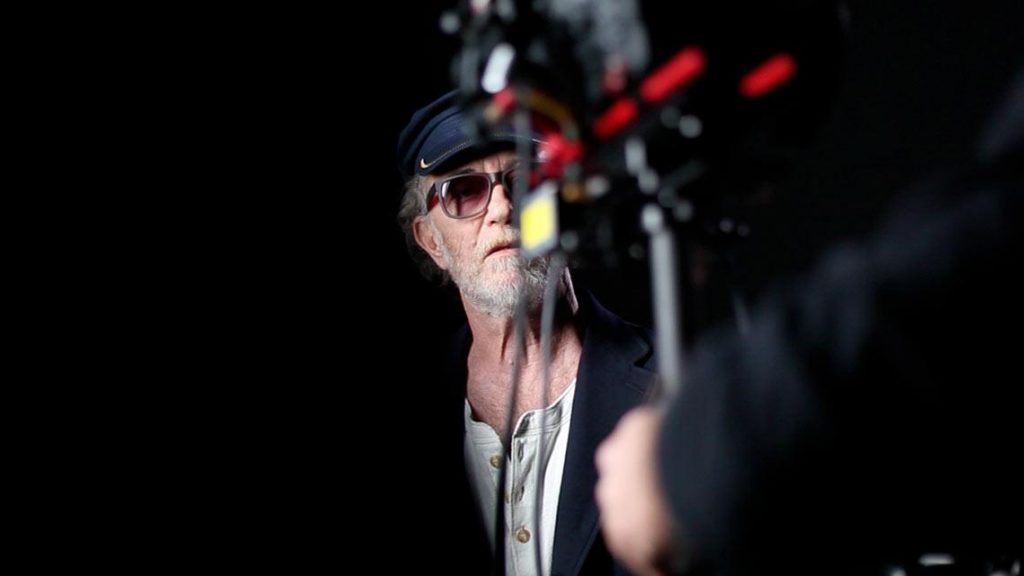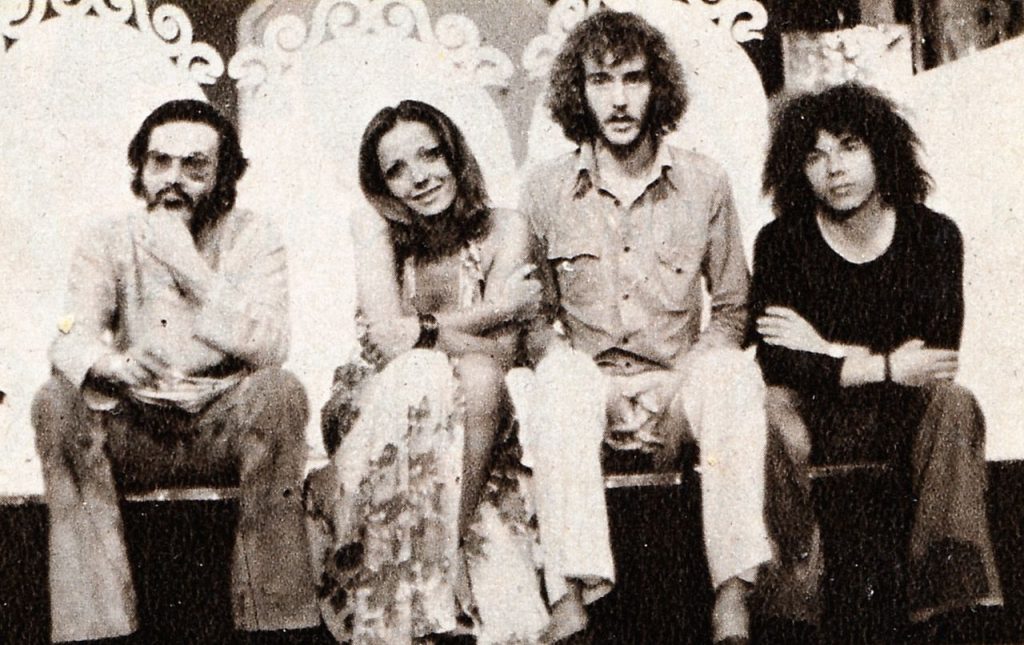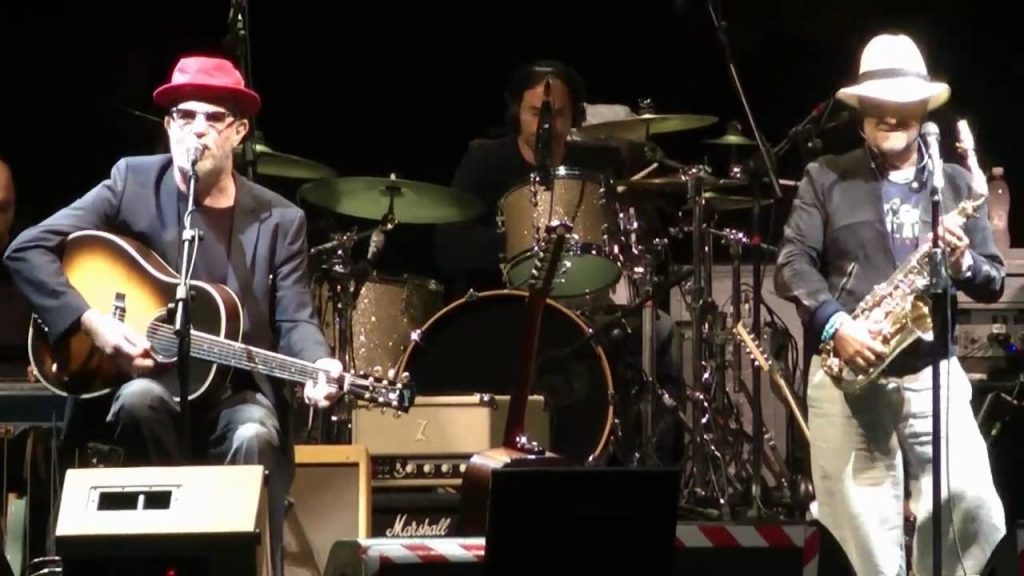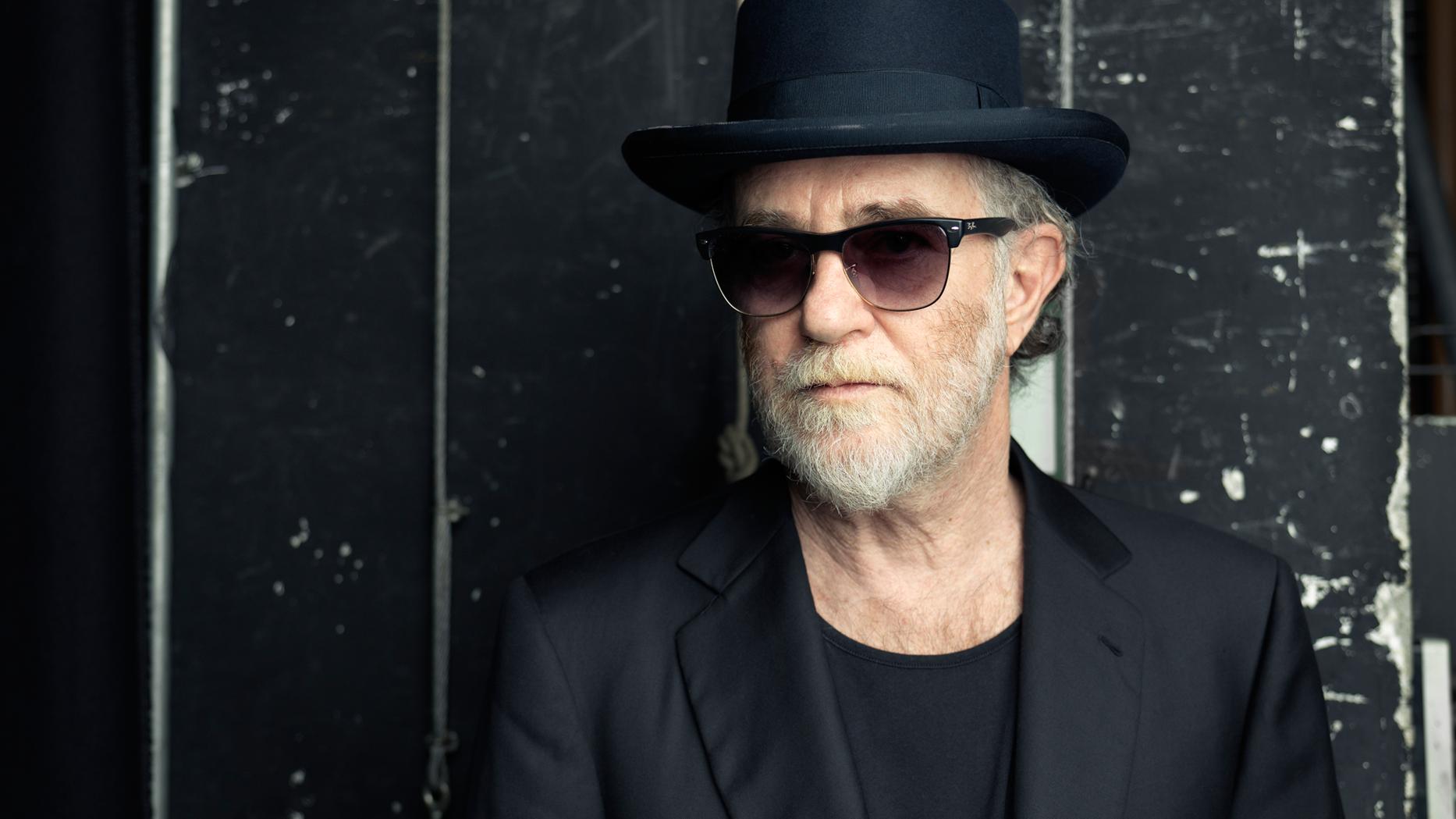Francesco De Gregori, author-poet of some of the most evocative lyrics, he managed to masterfully embody the spirit of the Italian songwriting. Intellectual end and lover of popular music, he has always been inspired by the European poetic production of the twentieth century. His songs full of constructs, rich in metaphors and that nasal voice, have made us dream for more than forty years. A small tribute to Francesco De Gregori, born on April 4, 1951.

Francesco De Gregori, the beginnings
The son of a librarian and a literature teacher, De Gregori was born in Rome and spent his adolescence in Pescara. He returned to the capital at the end of the XNUMXs and attended the Virgilio classical high school. During these years he learned to play the guitar and to compose songs. At eighteen, pushed by his brother Luigi (country singer and librarian like his father), he performs at Folkstudio by Giancarlo Cesaroni. Francesco De Gregori offers translations of songs by artists of the caliber of Bob Dylan and shares the stage with the artists who will contribute to the formation of the "Roman School". In his early twenties he writes Theory Campus, his first album in collaboration with Antonello Venditti, but the disc is unripe and does not convince the record companies.

... but all this Alice does not know
In 1973 it comes out Alice doesn't know for the Rca label, the name begins to circulate among young people, but it is only in 1975 that the turning point takes place. After the self-titled album of '74, exactly one year later, it was released Rimmel; milestone and undisputed masterpiece of Italian song. Rimmel possesses timeless charm, manicured arrangements and stories that have their roots in American folk.
In 1976 it was the turn of Buffalo Bill, the most complete album of his production. Poetic, inspired and revolutionary. In '78 it was the turn of De Gregori, an album in which even the songs against the war (General, first track) have a fabulous flavor. The following year, the epochal tour of Banana Republic together with friend Lucio Dalla, will confirm an extraordinary success and an unrepeatable peak for the Italian music scene. After the tour follows the release of Viva Italy and in 1982 it's up to Titanic. The lead years give way to the boom of the 80s and in this record the Roman singer-songwriter is renewed. The image of the Titanic is a pretext, a metaphor he uses to criticize the illusory prospect of progress.

"An applause from the paying public will underline it"
In 1983 the Qdisc was released The cannon woman. The first song on the album, of the same name, is a poem that we will never tire of listening to. In 1985 he published Chess and Tarot produced by Ivano Fossati, in 1987 Nobody's land and two years later Miramare 19.4.89. These are the years of incessant live activity, the years of live albums, but also of those in the studio like Love songs 1992 and Take it and leave it, 1996. To date he has released forty-nine albums, including twenty-two in the studio, fifteen live, twelve collections and a Qdisc. Received the largest number of awards from the Tenco Club, with six plates and a prize The words of music.
He was a great friend of Lucio Dalla, sharing the same stage several times and collaborating with each other in the writing of the songs. He tried his hand at conducting radio programs, he improvised himself as a journalist for the Unit and for the magazine Satisfaction. He took part as an actor in the first film of Franco Battiato, Lost love of 2003. He owns a small company in the splendid town of Sant'Angelo di Spello, in the province of Perugia, which is managed by his wife Alessandra Gobbi and produces an oil labeled “le Palombe”. Francesco De Gregori, happy birthday!





